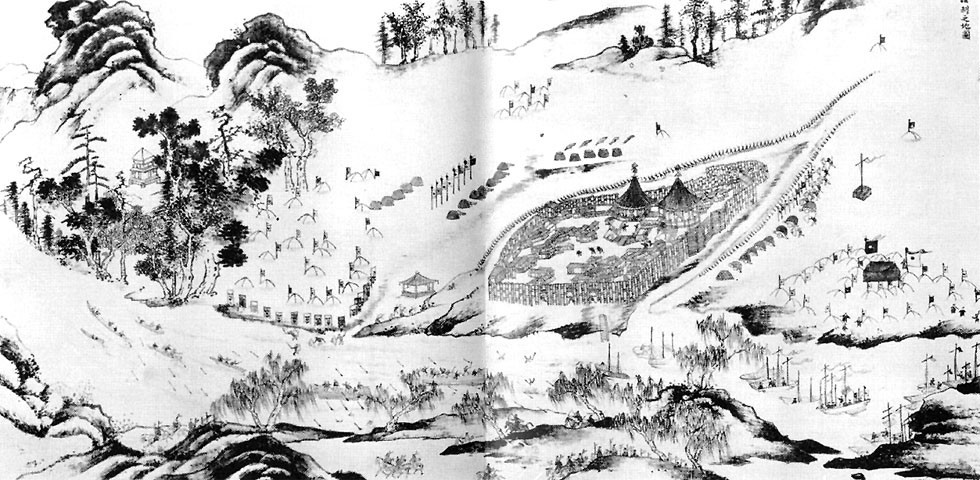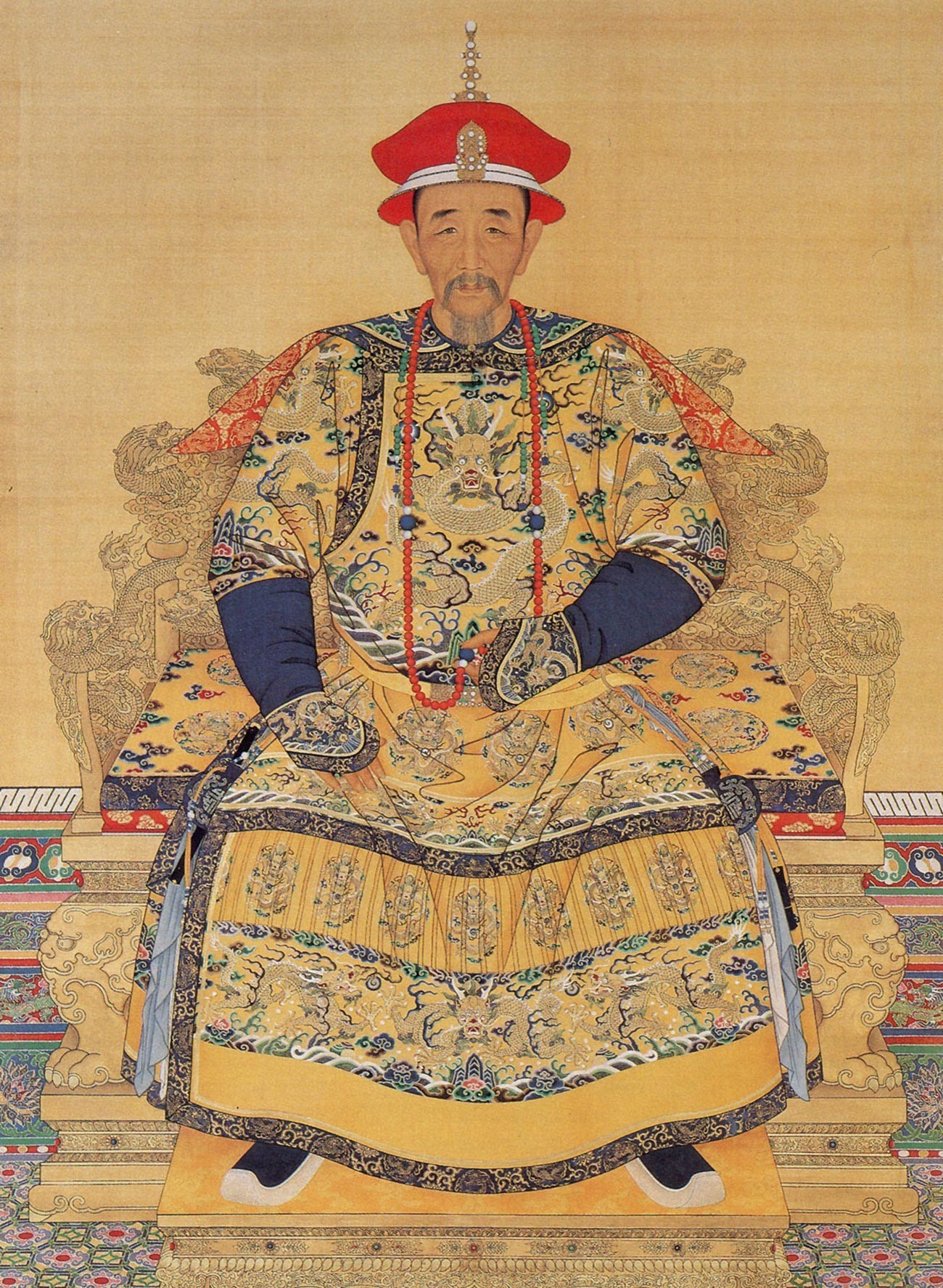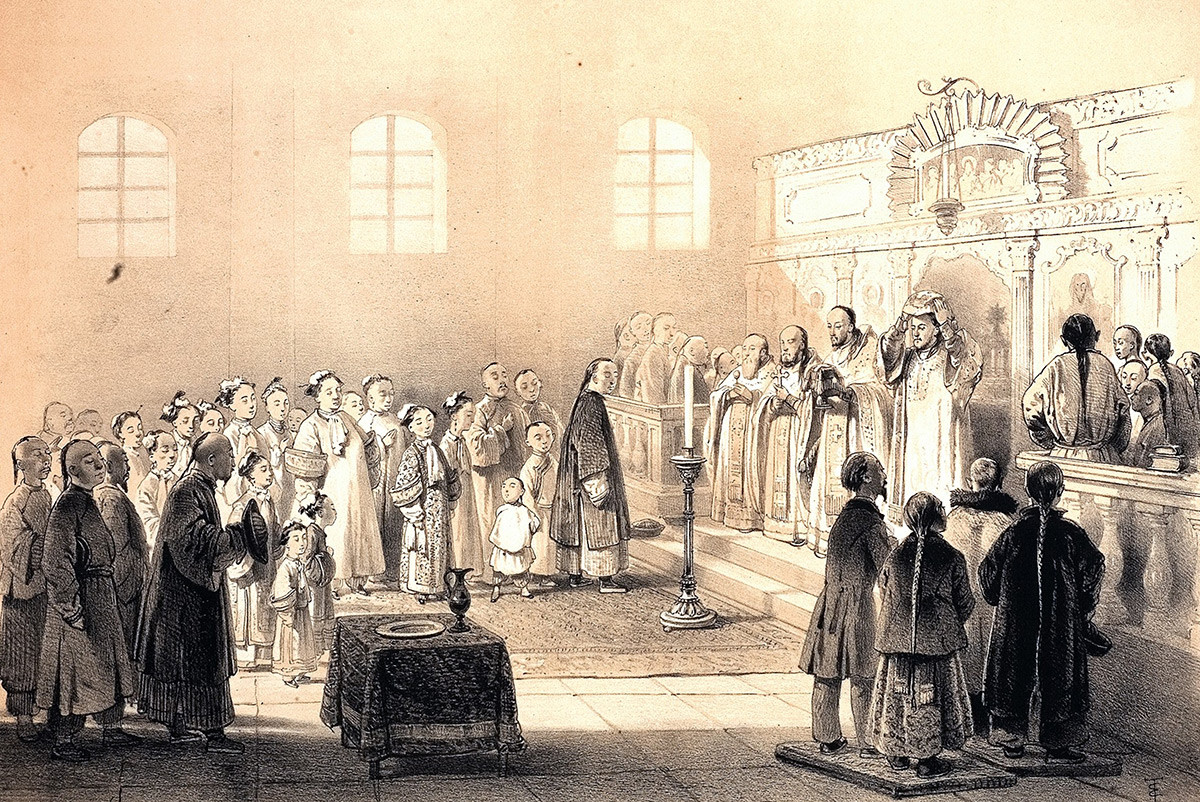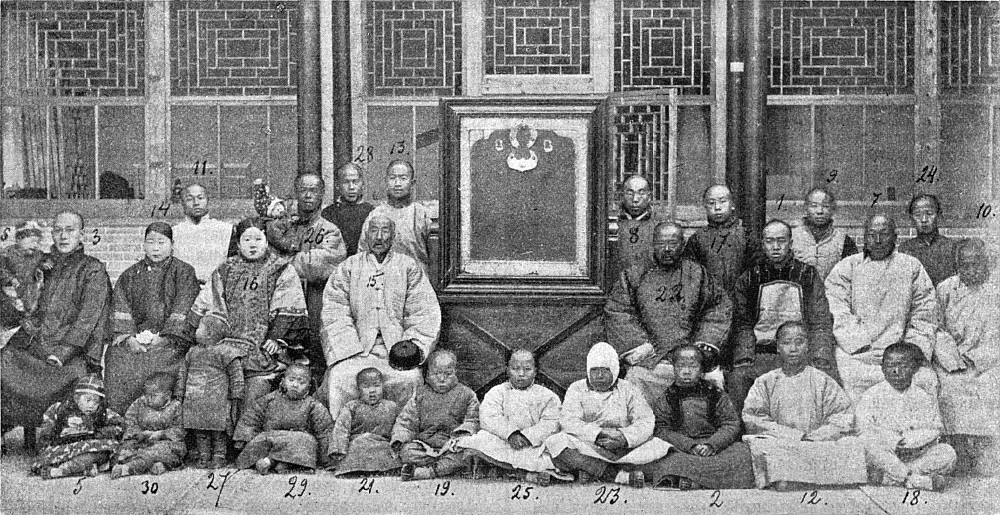The battle for the Significantly East
In the center of the 17th century, the Russian and Chinese civilizations, which until finally then only experienced a quite obscure strategy of just about every other, fulfilled on the battlefield for the initially time. It transpired when Cossack detachments achieved the banking companies of the River Amur, which was inhabited by the Daur tribes who paid out tribute to Beijing.
The Qing Empire noticed the arrival of the “barbarians from afar” in the land of its tribute-payers as an invasion of its zone of passions. Significant forces of Chinese and Manchus (the Manchu dynasty arrived to the throne of China in 1636) were being sent to battle the Russians. The key confrontation was over the stockaded settlement of Albazin, which was progressively turning into Russia’s key outpost in its conquest of the Significantly East.
When, in June 1685, a 5,000-powerful Qing army approached Albazin, its garrison consisted of only 450 guys. Regardless of their tenfold superiority in manpower and artillery, the Chinese and Manchus ended up a lot inferior to the Cossacks in their level of fight instruction. The Russians effectively held out for a long time, till it grew to become very clear there was no level in waiting around for outside assist.

Siege of Albazin. Chinese portray of the 17th century.
Library of Congress
Underneath honorable surrender conditions, the Albazin garrison had been permitted to leave and return to their very own facet. Nevertheless, the Chinese provided these apprehensive of the very long and tough journey property to appear above to the support of the Chinese for a very good remuneration. Forty-5 Cossacks expressed a desire to serve the emperor.
The best of the very best
It was Emperor Kangxi’s individual strategy to entice the Russians around to his aspect. From the incredibly first clashes with them he recognized that the Russians have been a risky and potent enemy and it would be tricky to travel them out of the Much East. The emperor made a decision he needed fighters like them, so, every time probable, he happily included them into his possess military.
This plan led to extra than a hundred Russians in total becoming a member of the army of the Qing Empire. Some did it of their personal free will, whilst many others had been captured as prisoners in army campaigns and then decided to stay in a overseas land. All of them went down in history as ‘Albazinians’ soon after the largest team of volunteers from the fort on the River Amur.
The Cossacks were handled with terrific honors. They were being ranked between the hereditary armed forces class, which was virtually at the top of the social construction in Qing Dynasty China. Only the privileged nobility were being higher than them.

Emperor Kangxi.
General public Area
The Albazinians were being enrolled in an elite contingent of Qing troops below the immediate command of the Emperor — the so-termed ‘Bordered Yellow Banner’ (there had been eight banners in whole, each and every numbering up to 15,000 soldiers). In just the banner, they had their own “Russian company” — ‘Gudei’.
Aside from the Russians, only aristocratic Manchu youths ended up permitted to sign up for the Bordered Yellow Banner guards device. The Chinese have been barred from it.
A comfortable existence
The Albazinians were showered with privileges: They ended up offered with housing and arable land and obtained financial payments and rice rations. All those who experienced no families (i.e. the greater part) were being supplied nearby Chinese and Manchu females — the widows of executed criminals — as wives.
The Chinese did not encroach on the spiritual faith of their Russian troopers. On the contrary, they permitted the Cossacks to use an outdated Buddhist prayer residence and convert it into an Orthodox church. Till then, the Cossacks experienced experienced to go to the Chinese capital’s Roman Catholic South Church to pray.

Albazinian liturgy in Beijing in the 19th century.
Public Area
Orthodox Christianity acquired a foothold in China specifically many thanks to the Albazinians and, in unique, Father Maxim Leontiev, who also arrived in Beijing after the surrender of the Amur fort. As the very first Orthodox Christian priest in the nation, he done all divine products and services — baptisms, marriage ceremonies and funeral companies for his fellow believers and participated in all the affairs of the Russian colony in the Chinese cash. “He revealed the light-weight of Christ’s Orthodox religion to them [the Chinese],” Metropolitan Ignatius of Tobolsk and Siberia wrote about him.
Still, the Cossacks were not recruited in buy to guide an idle lifestyle. There is evidence of their participation in a number of campaigns by Qing troops, in specific versus the Western Mongols. Also, Albazinians were used for propaganda uses — to persuade former compatriots to join the emperor’s cause.
Drop
Over time, China and Russia settled their border conflicts and the military and political great importance of the “Russian company” in the Bordered Yellow Banner started to diminish. Its jobs were generally diminished to garrison obligations in the capital.
Getting built-in with the local Chinese and Manchu inhabitants, just after numerous generations the Albazinians dropped all their Russianness. Nonetheless, they ongoing to practise the Orthodox religion and typically boasted of their privileged place. In accordance to Russian travellers who frequented Beijing at the conclude of the 19th century, the Albazinian “in the ethical sense is a parasite dwelling on handouts at finest and a drunk and a cheat at worst”.

Descendants of the Albazinians in 1900.
Community Area
A serious ordeal for the Chinese Cossacks was the Boxer Riot of 1900 against international domination and Christianity. Numerous hundred Albazinians grew to become its victims — but even in the confront of loss of life, they refused to renounce their faith.
Following the drop of the Qing Empire in 1912, the descendants of the Cossacks have been compelled to seem for new occupations in lifestyle. Numerous of them turned law enforcement officers, or worked for the Russo-Asiatic Lender and the printing press at the Russian Non secular Mission.
Mao Zedong’s Cultural Revolution, directed towards anything overseas in China, dealt another blow to the Albazinian diaspora. As a end result of persecution, lots of of its users ended up compelled to renounce their roots.
Even so, even these days in modern China, there are men and women who regard them selves as the descendants of the Albazin Cossacks — the emperor’s elite troopers. They are not common with the Russian language and it is unattainable to distinguish them from the Chinese. Even so, they even now cherish the memory of where by they arrive from.
If working with any of Russia Beyond’s content, partly or in whole, always offer an energetic hyperlink to the first product.







